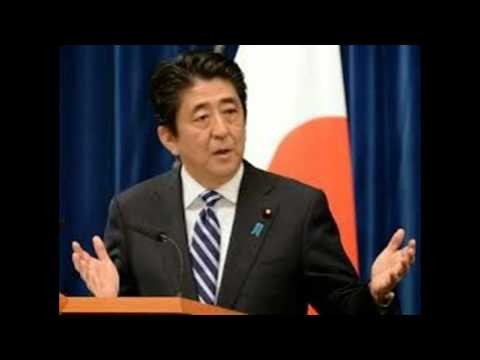Yen Crushed by Low Yields as Pile Grows Japan Credit Bloomberg Business
Post on: 24 Сентябрь, 2015 No Comment

Haruhiko Kuroda, Governor of the Bank of Japan. The BOJ’s monetary easing with bond purchases has pumped currency into the banking system and triggered a 14 percent plunge in the yen since June 30. Photographer: Kiyoshi Ota/Bloomberg
Dec. 11 (Bloomberg) — Plowing money into U.S. Treasuries hasn’t been this appealing for Japanese investors in almost four years, adding to pressure on the worst-performing major currency in the second half of 2014.
Japanese government bonds yield 1.1 percentage points less than their U.S. counterparts on average, based on Bank of America Merrill Lynch data. The gap widened to 1.16 in September, the most since April 2011. Yields near zero on some JGBs have made them the worst-performing developed sovereign debt this year. Japanese investors boosted holdings of U.S. securities to a record $1.23 trillion in August.
The Bank of Japan’s monetary easing with bond purchases has pumped currency into the banking system and triggered a 14 percent plunge in the yen since June 30. The Government Pension Investment Fund increased its target for holdings of foreign bonds to 15 percent from 11 percent in October. Royal Bank of Scotland Group Plc plans to pull out of fixed-income trading in Japan, according to a person familiar with the plan.
“There’s always going to be demand for U.S. Treasuries from Japanese investors,” said John Gorman, head of dollar interest-rate trading for Asia-Pacific at Nomura Holdings Inc. in Tokyo. “As the dollar strengthens and U.S yields rise, they’re going to be more attractive than yields in Japan.”
Asset Purchases
The low level of Japanese yields means the bond market has lagged behind its peers even as the central bank boosted its targeted purchases to 80 trillion yen ($678 billion) annually. The five-year yield fell to a record 0.065 percent this month, while 10-year yields slid to 0.39 percent today, the lowest level since April 2013.
JGBs due in more than a year have returned 3.5 percent in 2014, the least of 26 bond markets tracked by Bloomberg and the European Federation of Financial Analysts Societies.
Treasuries ranked No. 25 with a 6.1 percent return. That translates into a 19 percent gain for Japanese investors after accounting for the dollar’s rally against the yen.
Yoshiyuki Suzuki, the head of fixed-income in Tokyo at Fukoku Mutual Life Insurance Co. said he plans to buy Treasuries if 10-year yields rise to 2.50 percent. They were 2.16 percent today. Japanese yields are too low to consider buying, he said in a phone interview Dec. 9. Fukoku has the equivalent of $51.6 billion in assets.
GPIF Allocations
Japanese bonds are losing appeal for both money managers and traders. The 127.3 trillion yen GPIF is reducing domestic bond holdings to 35 percent of assets from 60 percent as it seeks to boost returns.
RBS plans to give up its position as a primary dealer, one of the companies that underwrite the government debt, according to two people familiar with plan. They didn’t want to be named because details aren’t public. The Edinburgh-based bank plans to cut more than 200 jobs in Japan, one of the people said.
While a government report this week showed Japanese investors sold Treasuries in October as yields tumbled to the lowest level in a year and a half, a separate set of data suggests they bought in November.

Investors from the Asian nation sold a net 935 billion yen of long-term Treasuries in October, most since June 2013, according to data from the finance ministry and central bank.
They bought a net 290.8 billion yen of all bonds abroad in October, the lowest level since April, ministry data show. Purchases rebounded to 1.35 trillion yen in November, it showed.
Mizuho Asset Management trimmed its U.S. holdings on Oct. 16 to lock in gains, said Yusuke Ito, a senior fund manager at the company in Tokyo.
Mizuho Asset is betting on 30-year Treasuries for 2015 as inflation holds in check, just as it did this year, Ito said. The securities have returned 26 percent in 2014, according to Merrill indexes.
“I’m going to stick to that same position,” Ito said by phone on Dec. 8. “Inflation is headed downward.”
To contact the reporter on this story: Wes Goodman in Singapore at wgoodman@bloomberg.net
To contact the editors responsible for this story: Garfield Reynolds at greynolds1@bloomberg.net ; Sandy Hendry at shendry@bloomberg.net Jonathan Annells, Tomoko Yamazaki














